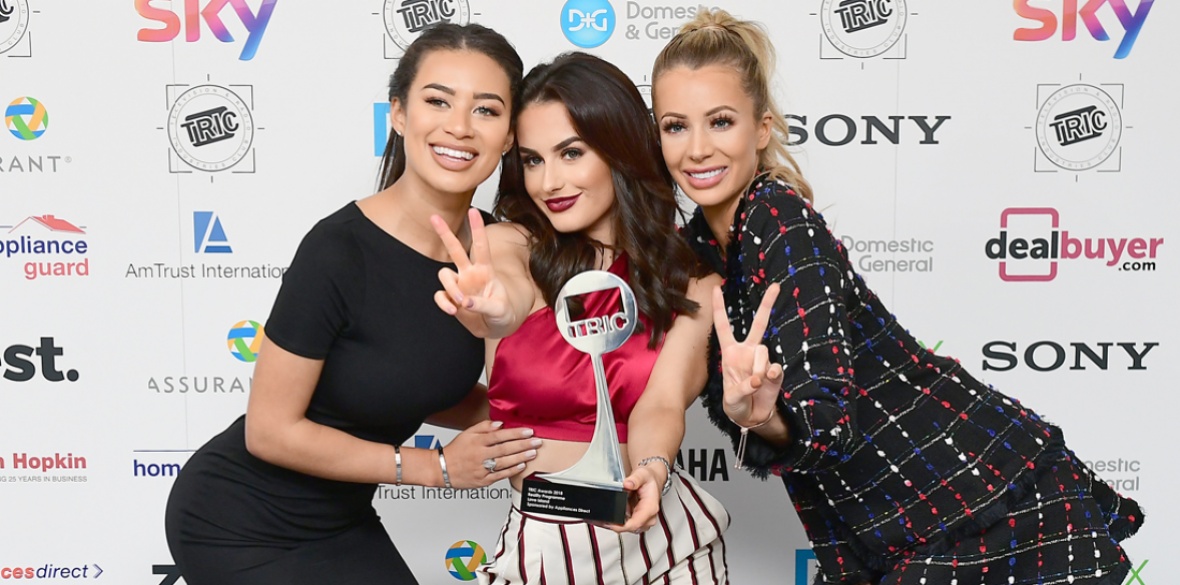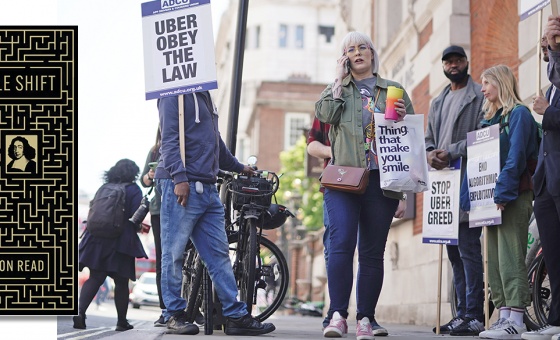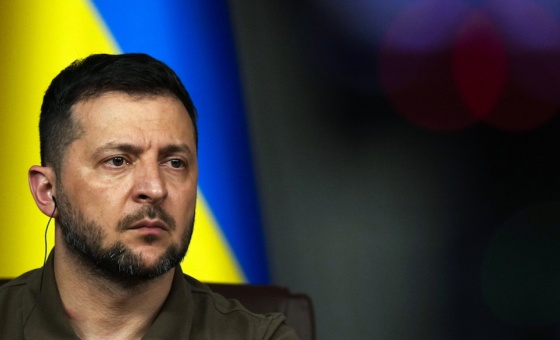This is the last article you can read this month
You can read more article this month
You can read more articles this month
Sorry your limit is up for this month
Reset on:
Please help support the Morning Star by subscribing here
This year we are celebrating the 100-year anniversary of some women getting the vote, achieving a step to independence for the first time.
We are also appreciating and realising the struggle that these mostly working class women went through to achieve the vote.
Arrests, hunger strikes, force-feeding, sexual assault and insults such as “women wouldn’t know what to do with the vote if they got it.”
After achieving the vote, women proved their doubters wrong and have since been a force to be reckoned with. Women were in some respects on the road to achieving equality and this reflected somewhat in society.
After many years women were no longer looked down upon because they wanted to be a doctor, study at university etc.
As a young woman, I had the optimism that I could achieve anything I wanted to if I worked hard at it. However, the usual sexism lurked and reared its ugly head, often in the media, but it was easy to ignored and dismissed.
Today’s young women are, however, facing what appears an onslaught via television, YouTube, Instagram and the like on what the media expects young women to look like and indeed to aim for.
Outside influences aren’t new, but, as the use of technology increases, the influence of these outlets does also.
Programmes such as Love Island are heavily promoted both on television and other media outlets.
Indeed, nearly a full episode of Good Morning Britain and an episode of Loose Women featured discussions about this, although the latter was more opinion based.
Instead of important news stories that the public needs to know about it appeared to be an indoctrination into the world of Love Island.
The contestants I suspect are chosen specifically for their looks not their intelligence. Boob jobs, hair extensions and false tans appear to be the norm and intelligence plays no part in their ability to take part in this programme.
Indeed, the discussion that the women were overheard talking about Brexit proves this. While some find this highly entertaining and their conversation about Brexit amusing, I can’t help but to feel desperately sad.
Our young women and girls are highly influenced by programmes like these and many are now of the belief that their looks matter more than their education and their future should be that of finding a boyfriend and ignoring any ambition that they might have had in the past.
Very young girls are requesting makeovers, false tans and false nails instead of concentrating on play, education and their ambitions for the future.
Individuality and confidence building are extremely important to young girls and women. These are the tools that will serve them well in the future.
A part of me often wonders if programmes such as these are created as a distraction for our young people of both sexes.
We are now living in a society that has more poverty than we have ever had since the 1930s. Educational opportunities due to new curriculums, lack of funding and a near total lack of further education for adults.
The ambitions that my generation had as children and young adults are becoming extremely hard to achieve, if not impossible at times.
Instead of the outrage that should be shown by parents, young people and the media, many appear to accept the media onslaught of programmes such as this instead of challenging it.
Call me old-fashioned, but I believe in ambition and individuality and the media rhetoric towards women concerns me.
Are we stepping back to a time when women weren’t seen as important but just something pretty to look at? Or are we going to encourage our young people to fight for and fulfil their ambitions despite the many obstacles in front of them?
As parents, educators and influencers we really need to think about this and act upon it.











